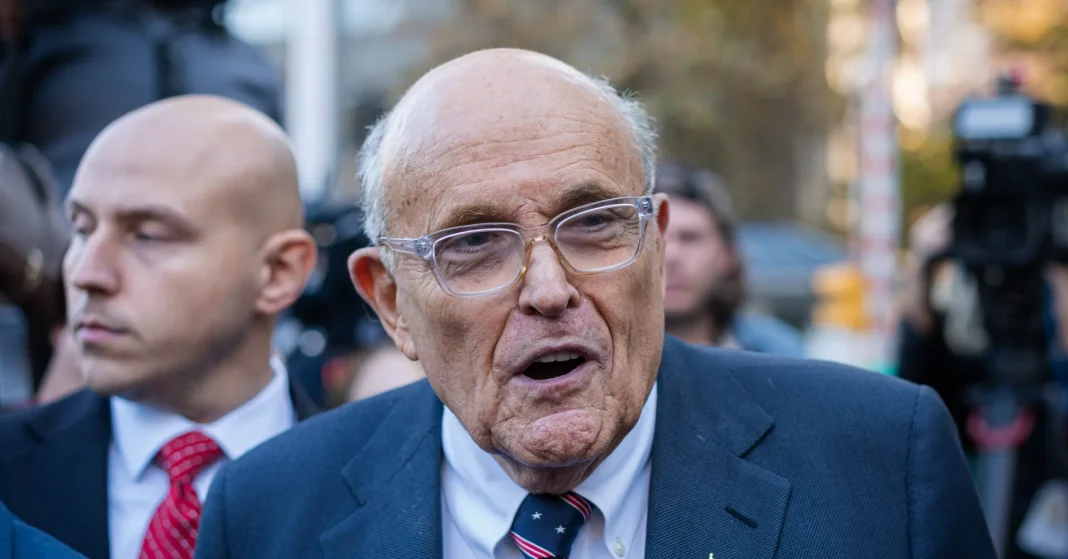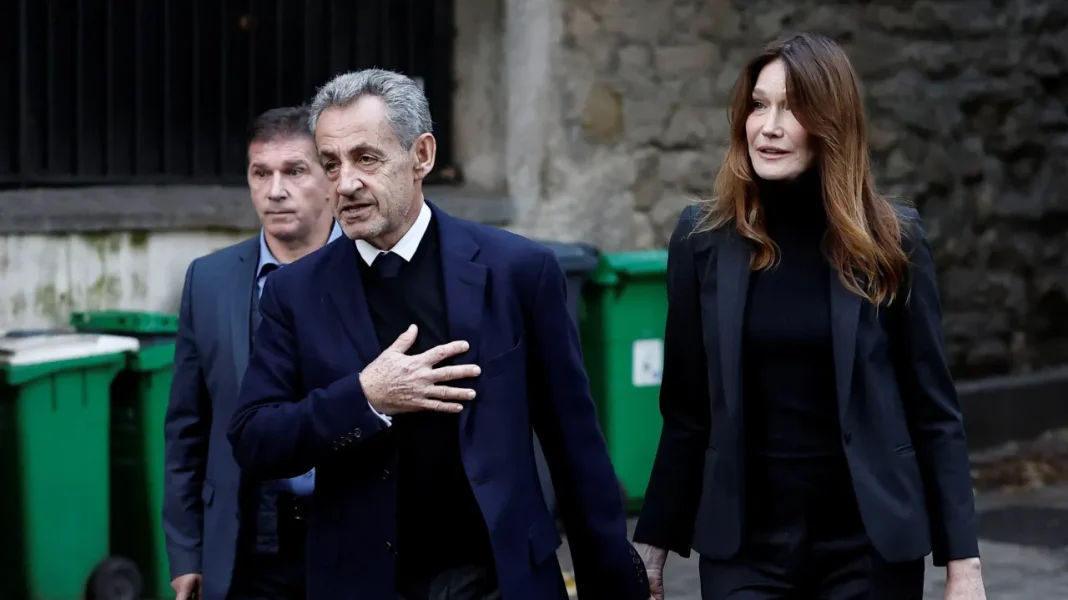In a controversial move that has captured global headlines, former U.S. President Donald Trump has issued pardons to several of his allies, including Rudy Giuliani, who were accused of attempting to reverse the results of the 2020 presidential election. This action has sparked widespread debate about the ramifications of such pardons on the justice system and democratic processes.
The Background of Giuliani’s Allegations

Rudy Giuliani, once known as “America’s Mayor” for his leadership during the 9/11 crisis, has been a central figure in Trump’s post-election legal efforts. Accused of playing a pivotal role in promoting unsubstantiated claims of electoral fraud, Giuliani faced various legal challenges and investigations. These allegations included attempts to pressure officials into overturning legitimate election results and spreading misinformation about the voting process.
The charges brought against Giuliani and others were rooted in their alleged participation in attempts to subvert the democratic election process. Legal experts have argued that such actions, if proven, could undermine public confidence in democratic institutions and set dangerous precedents for future elections.
Trump’s Motivation Behind the Pardons

The motivation behind Trump’s decision to pardon Giuliani and other allies has been a point of intense speculation. Some believe the pardons are a way for Trump to reward loyalty and ensure continued allegiance. Throughout his presidency and beyond, Trump has maintained a narrative that the 2020 election was “stolen,” despite no substantial evidence supporting these claims.
Critics argue that these pardons may embolden future attempts to challenge legitimate election outcomes without fear of legal consequence. Supporters, however, claim that the pardons serve as a check against what they perceive as politically motivated prosecutions.
Legal and Political Implications

The decision to issue these pardons has significant legal and political ramifications. Legally, it raises questions about the scope and limits of presidential pardon powers. Historically, presidential pardons have been contentious, but few have stirred such national and international interest as these.
Politically, the pardons could influence public perception of Trump and his allies. To some, it represents a misuse of power, while to others, it is a necessary defense against political persecution. This divide reflects broader ideological splits within the U.S. and could impact future electoral dynamics and party strategies.
Reactions and Public Response

The pardons have elicited varied reactions across the political spectrum. Prominent Democrats and legal experts have criticized the move, arguing that it undermines the rule of law. Meanwhile, some Republicans and Trump supporters view it as an act of justice and a pushback against what they describe as corrupt political machinations.
Public opinion remains polarized. While some citizens express outrage and concern over apparent impunity for high-profile political figures, others perceive the pardons as a justified response to ongoing political strife. This division illustrates the enduring complexities of American political debates in the current era.
As discussions continue around these pardons, their ultimate impact on both legal precedents and political landscapes remains to be seen. Observers are keenly aware that the reverberations from this decision may prompt further scrutiny of presidential powers and their role in democratic governance.





